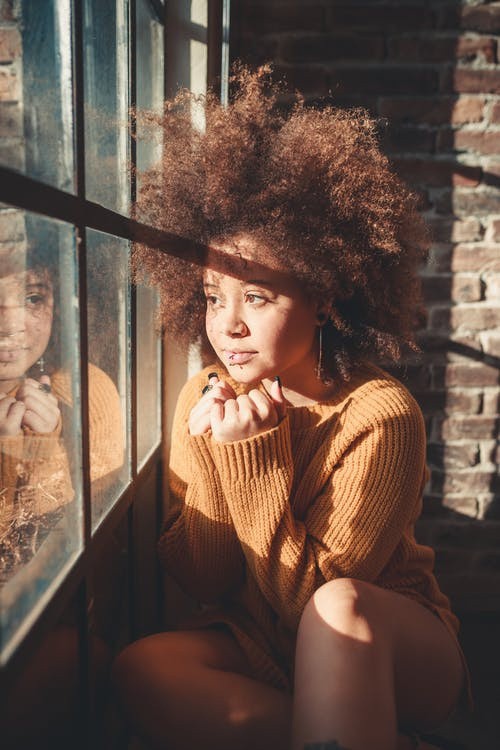
As coronavirus continues to spread among nations, the World Health Organization has released guidelines for basic protective measures that we can do amid the new coronavirus. One of these strategies is social distancing.
Maintaining at least one meter, or three feet, distance between yourself and other people especially to those who are coughing and sneezing could help in not spreading the virus. Once someone sneezes or coughs they spray small droplets- including those infected with COVID-19- from their nose and mouth that you can breathe if you are too close.
That is why cities around the world have implemented enhanced quarantines and lockdowns to promote social distancing. Residents in the U.S. were asked by government officials to stay at home from work, school, and avoid public places and gatherings.
Little do we know that social distancing may add to the stress beyond that which stems from simply being isolated.
Cabin Fever and Its Symptoms
Cabin fever is a common reaction to being isolated for some time. Some experts believe that it is a syndrome, while others believe that it is a type of seasonal affective disorder and claustrophobia. Ultimately, cabin fever is rooted in isolation and may reach the level of specific phobia.
Symptoms include feelings of restlessness, a lack of energy and enthusiasm or lethargy, sadness or depression, trouble concentrating, lack of patience, food cravings, decrease motivation, social isolation, difficulty waking, frequent napping, hopelessness, increase or decrease in weight, and the inability to cope with stress.
However, these symptoms could also be indicative of a wide range of other psychological disorders and only a trained mental health professional can make an accurate diagnosis. Additionally, not all people who stay at home for some time especially during winter has cabin fever. It is only when people exhibit several of these symptoms that it is more likely to become a phobia.
How to Cope With Cabin Fever
Like most mental health disorders, cabin fever is best treated with the help of a trained mental health professional or a therapist but if symptoms are relatively mild, you may take active steps to self-care and coping strategies.
First, you may try getting out of the house. But, with the enhance quarantine and lockdown today this might be hard to accomplish. Nonetheless, you can do this once lockdowns and social distancing rules are lifted.
Second, do some exercise while you're at it. Physical activity is extremely beneficial to our mental health. It can help burn extra energy you have from being cooped up indoors.
Third, maintain normal eating patterns. A lot of us may overindulge with eating junk foods while we're stuck at home. Eating right can increase our energy levels and motivation but you must monitor your eating habits and limit foods that are high in sugar and fat, and lastly drink plenty of water.
Try setting goals also while you're cooped up in your homes. Set daily and weekly goals that you can track your progress. Reward yourself once you complete it.
Last but not the least, use your brain. This quarantine provides us lots of time to do things that can help us improve our intellectual skills. Work on crossword puzzles, or read a book or play board games. Stimulating your min can help keep you moving forward and decreases feelings of helplessness and isolation.
While staying at home and social distancing may run counter to our instinct to socialize, you must follow the strict guidelines given by the CDC to help minimize the spread of COVID-19.











